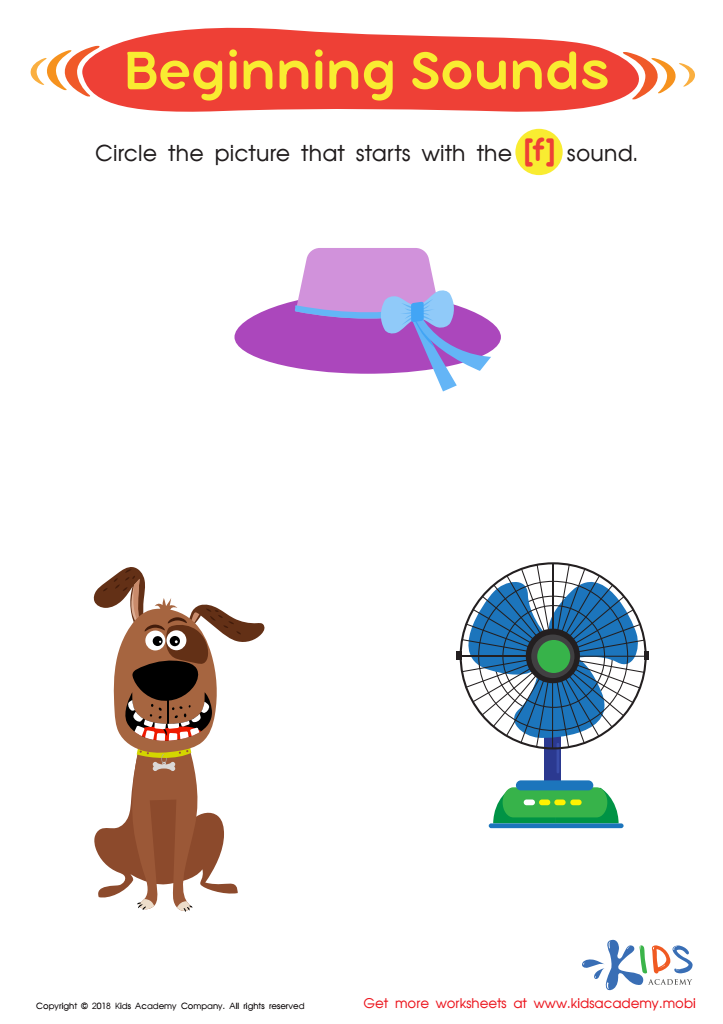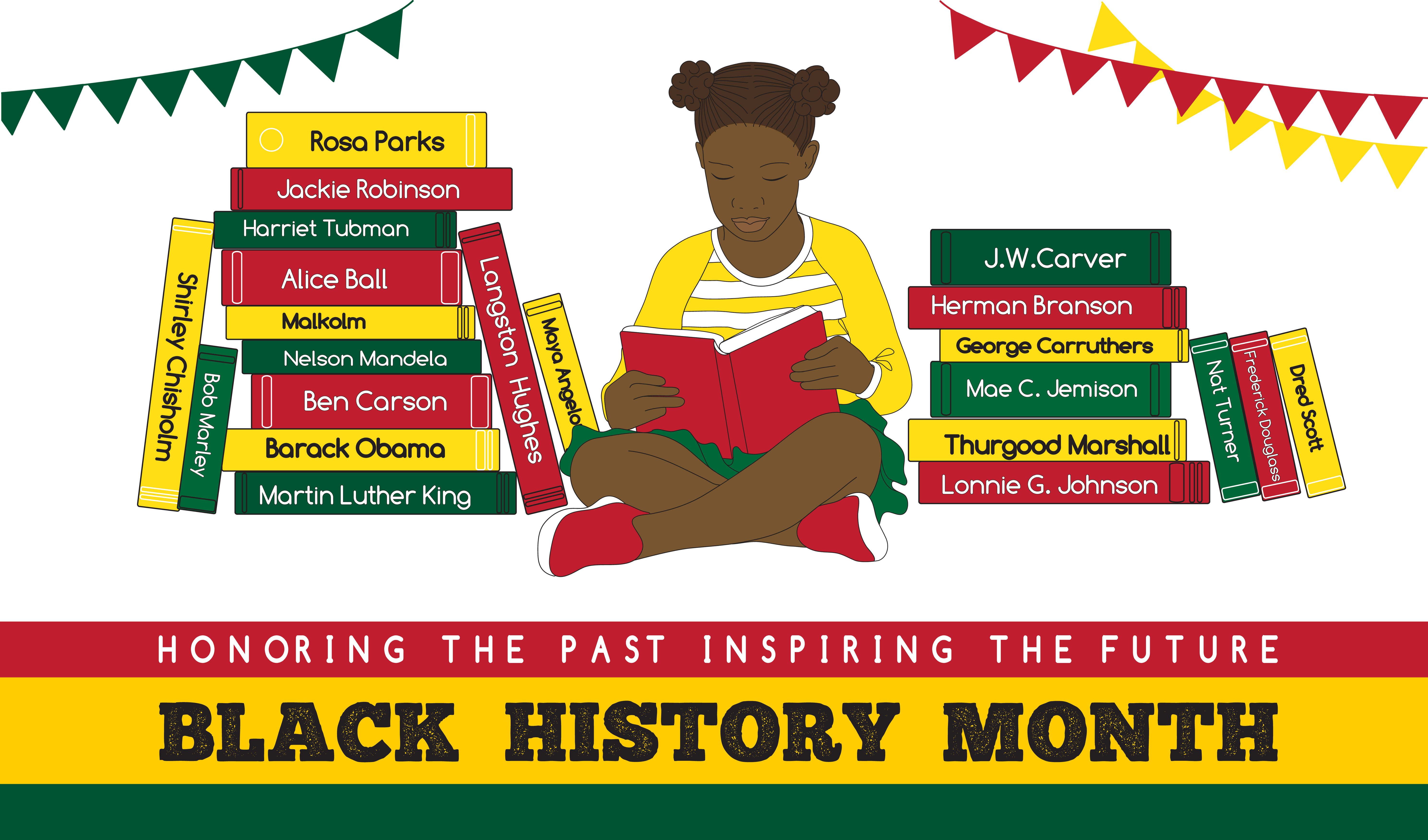Beginning Sounds worksheets activities for Ages 4-6
2 filtered results
-
From - To


Phonics and Word Recognition: Assessment 1 ELA Worksheet


Beginning Sounds Assessment Printable
Beginning Sounds worksheets activities are an indispensable tool in the realm of early literacy education. These targeted exercises are designed not only to introduce young learners to the alphabet but also to deepen their understanding of the crucial relationship between letters and sounds. This foundational knowledge is essential for developing proficient reading and spelling skills, making Beginning Sounds worksheets activities a pivotal part of any early childhood education program.
One of the primary reasons Beginning Sounds worksheets activities are so useful is their ability to engage children in active learning. Through a variety of fun and interactive tasks, such as matching games, coloring exercises, and cut-and-paste activities, children are encouraged to explore and manipulate sounds. This hands-on approach ensures that learners are not passively absorbing information but are actively constructing their understanding of how sounds correspond to letters.
Moreover, Beginning Sounds worksheets activities cater to diverse learning styles. Whether a child is a visual, auditory, or kinesthetic learner, these activities offer something for everyone. Visual learners benefit from seeing the letters and images, auditory learners from hearing the initial sounds, and kinesthetic learners from the physical act of writing or manipulating objects. This inclusivity ensures that all children have the opportunity to succeed and thrive in their literacy journey.
The versatility of Beginning Sounds worksheets activities also allows educators and parents to tailor instruction to meet the individual needs of each learner. Whether reinforcing previously learned sounds, introducing new ones, or providing additional practice for struggling students, these worksheets can be easily adapted to support each child's learning pace and style.
In essence, Beginning Sounds worksheets activities lay a strong foundation for literacy by making the learning of letters and sounds an engaging, inclusive, and adaptive process. By nurturing early phonemic awareness through these activities, educators and parents can help children embark on a successful reading and writing journey, setting them up for a lifetime of learning and achievement.

 Assign to the classroom
Assign to the classroom











